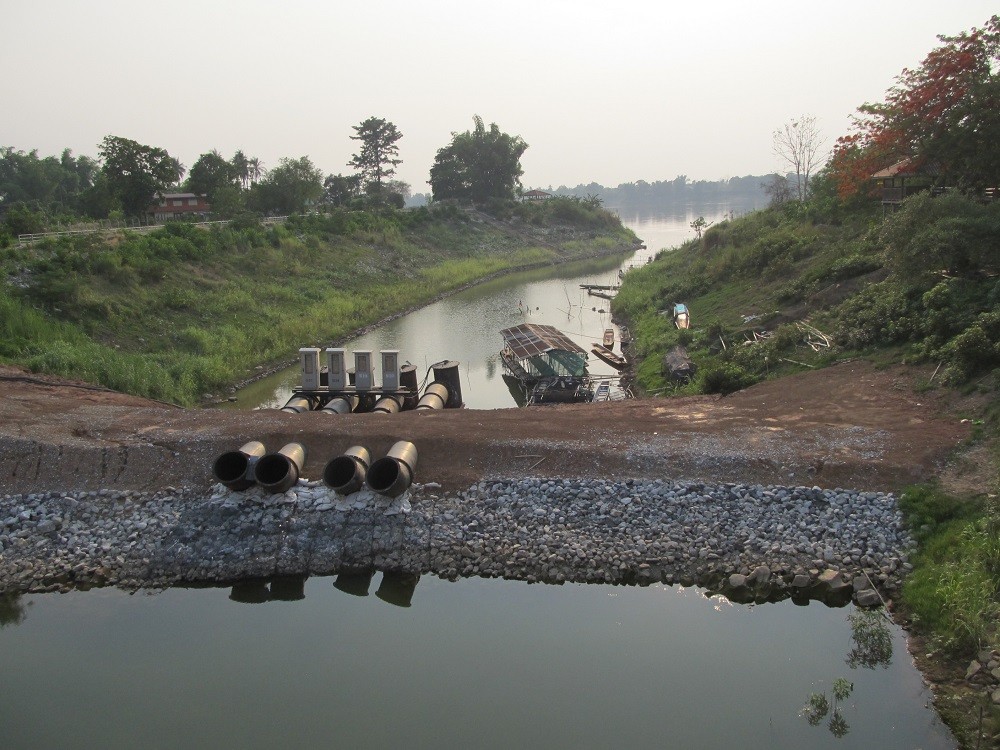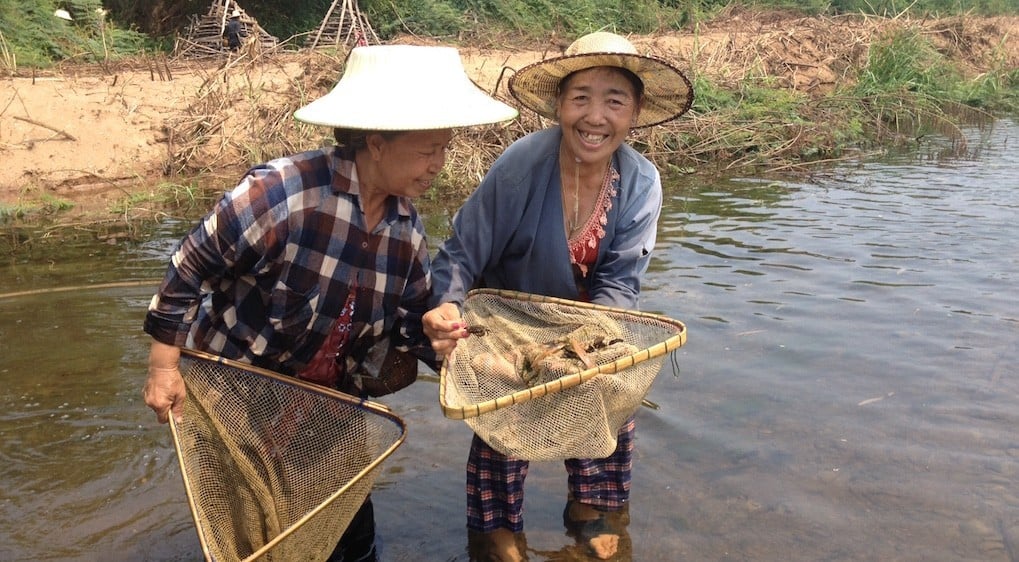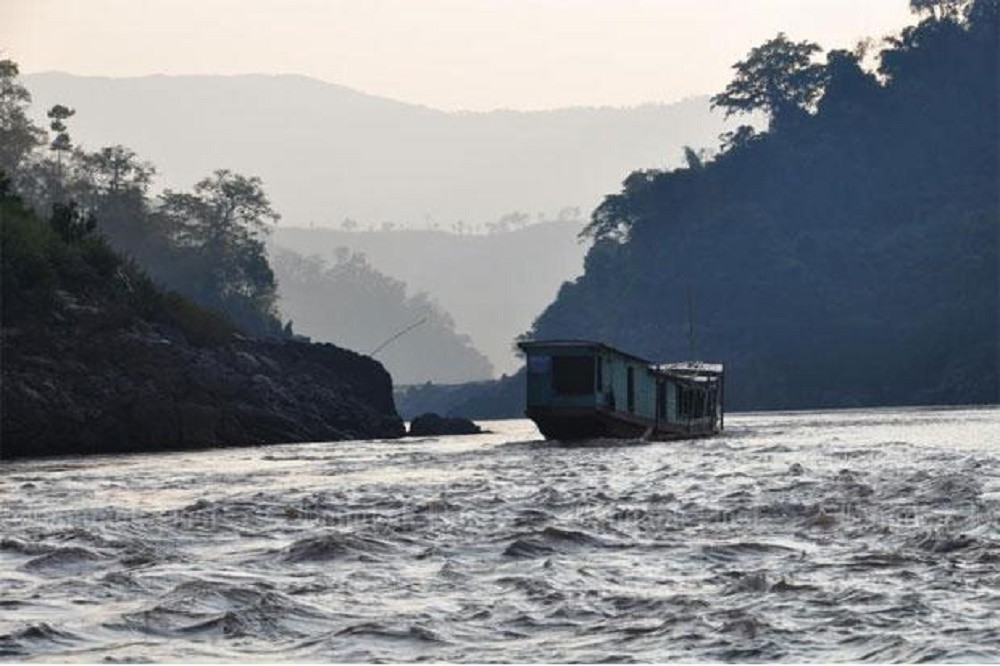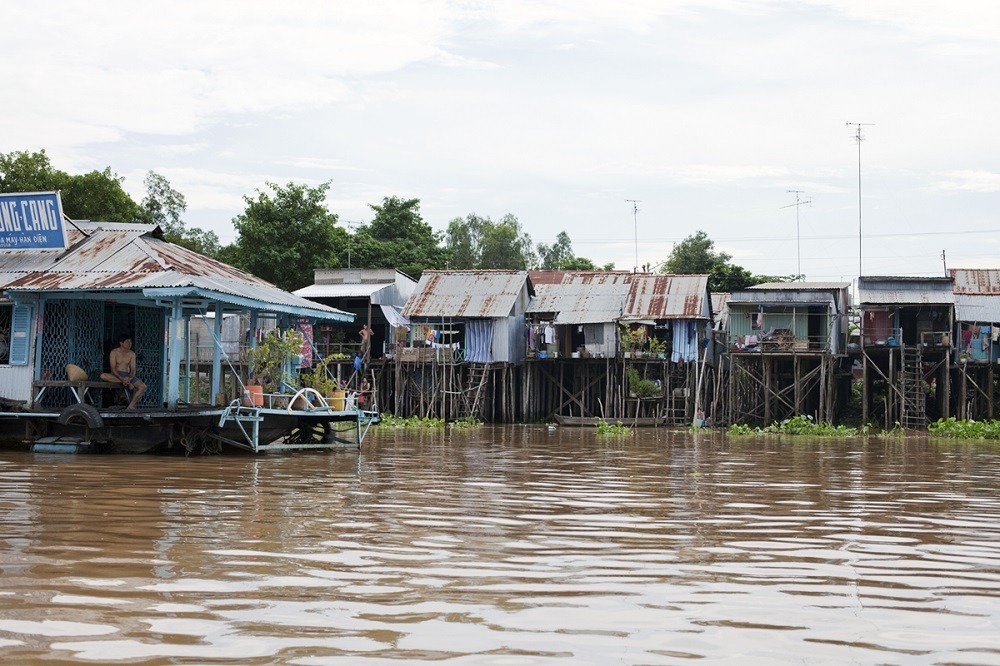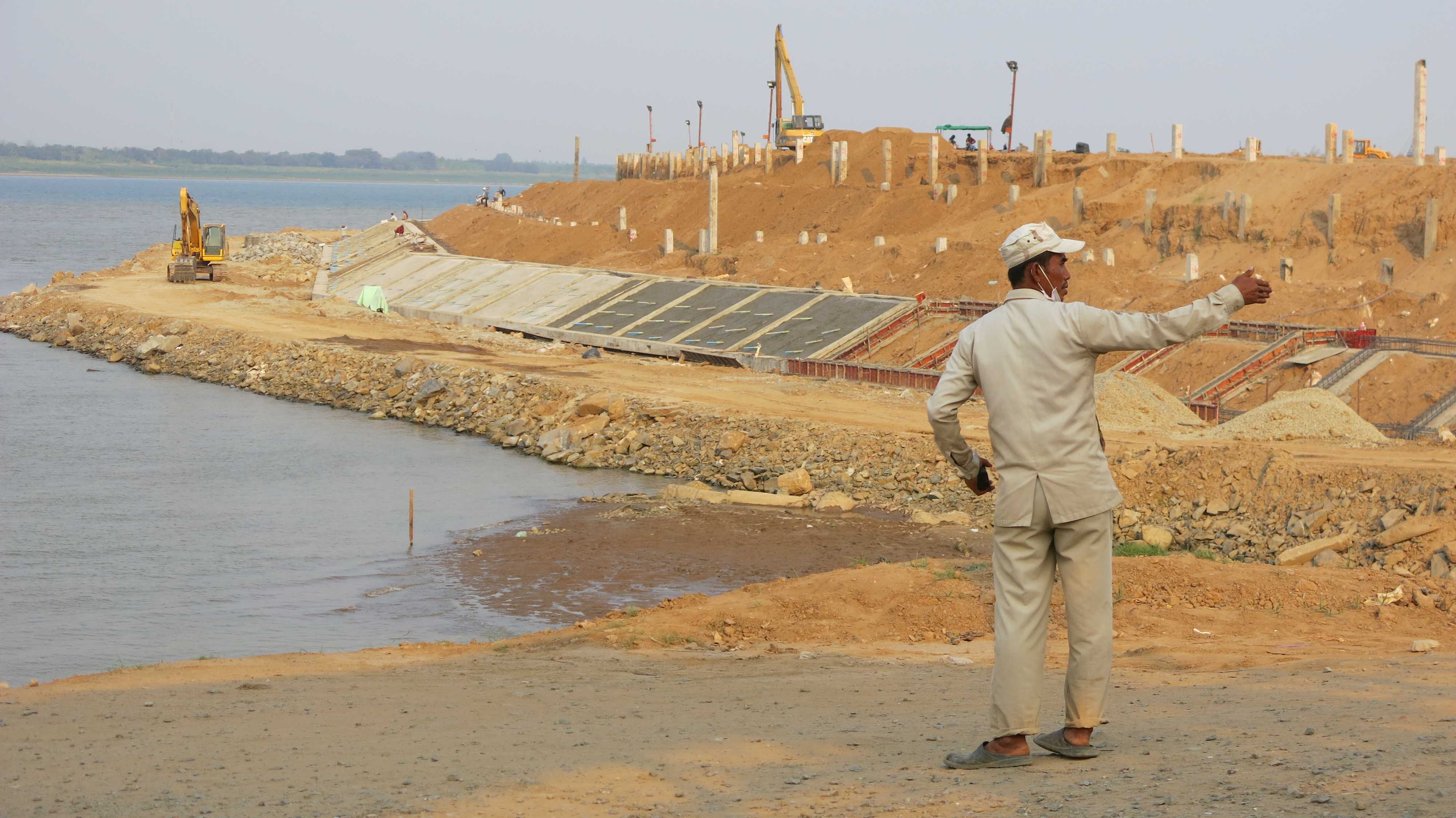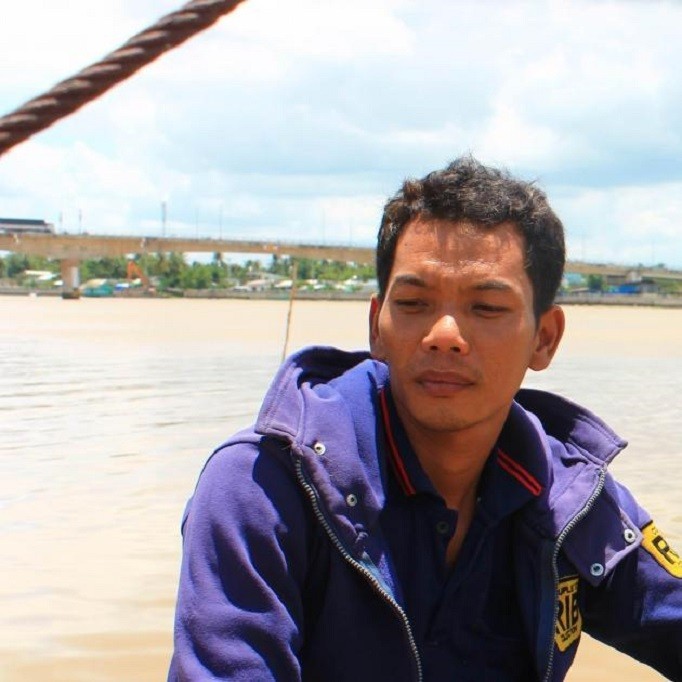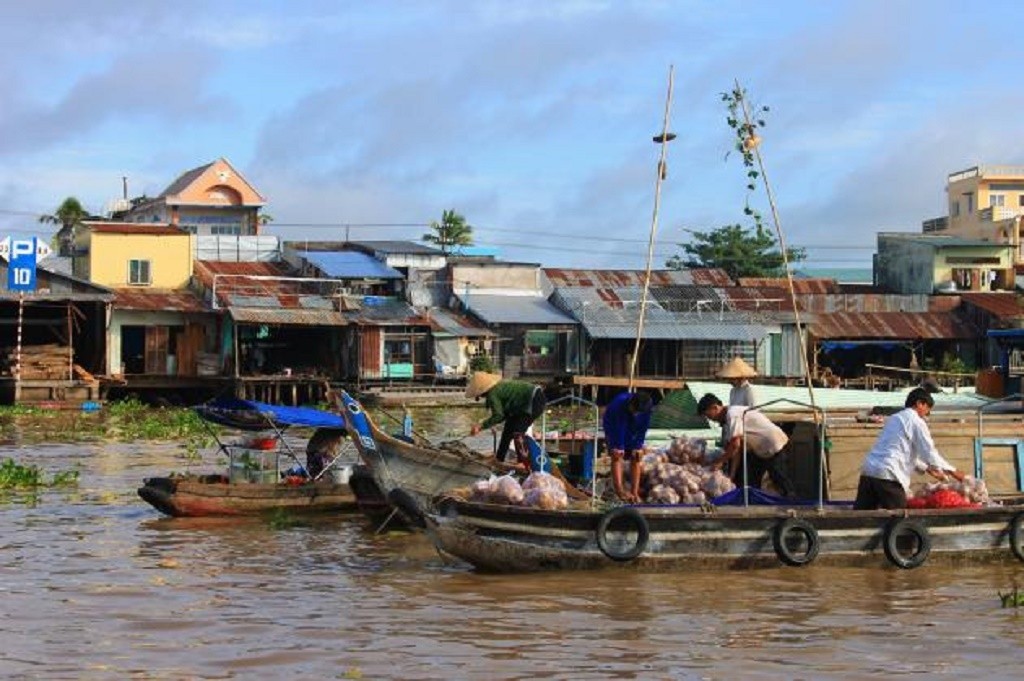While a solution for the negative impacts from Mekong mainstream dams is still doubtful, the downstream countries, Vietnam in particular, have to confront new threats from upstream neighbors related to water usage.
Tag: Mekong river
Diverting the Mekong River into Thailand: The Khong-Loei-Chi-Mun project
Extensive irrigated agriculture in Northeast Thailand has long been a dream of the Royal Irrigation Department (RID). Over the decades, various visions have been expounded but never fulfilled, including the Green Isan Project in the early 1980s, the Khong-Chi-Mun Project in the late 1980s and 1990s, and the Water Grid Project in the early 2000s. Local communities and civil society have often challenged these projects, questioning the project’s economics and potential environmental and social impacts.
Recently, the RID has reinvigorated its irrigation plans through the “Mekong-Loei-Chi-Mun River Management and Diversion by Gravity in the Northeast” project. It entails diverting water from the Mekong River’s mainstream into the Loei River in Northeastern Thailand, which would then be connected via tunnels to the Chi and Mun Rivers.
Dam Building on Lower Mekong Accelerating, Threatening Path of Destruction
This week the hydro-power industry gathered in Vientiane, Laos to attend the International Conference and Exhibition on Water Resources and Hydro-power Development in Asia.
The conference comes at a time when the pace of dam building on the lower Mekong River mainstream appears to be accelerating at a dangerous speed, and it threatens to leave a path of destruction in its wake.
Author Q&A: How communities struggling with climate and development are “Living with the Mekong”
The richly illustrated book Living with the Mekong provides readers with insights into urban developments in one of the world’s most threatened deltas. According to the author, the book gives a personal account of “how Vietnam and the Vietnamese people cope with the consequences of climate change.” Joep Janssen, a Dutch urban delta expert, travelled through the Mekong Delta and Ho Chi Minh City area researching the impacts of climate change and development on farmers and urban inhabitants. The Mekong Eye talked to Joep, via email, about urbanization, climate change, development, and how decision makers in the Mekong region might learn from the Dutch experience.
Ecological trade-offs
Hydroelectric dams grace bank notes in developing countries, from Mozambique to Laos, Kyrgyzstan to Sri Lanka, a place of honor reflecting their reputation as harbingers of prosperity. That esteem, now enhanced by hydropower’s presumed low-carbon profile, continues to overrule concerns about environmental consequences and displaced people, as evidenced by a surge in dam-building in the developing world.
A recent paper in the journal Nature Climate Change suggests a seemingly obvious, yet novel approach: Bring in aquatic scientists at the beginning so that engineers can consider ecological principles first, not last. The paper came out of meetings organised by the National Socio-Environmental Synthesis Center in Annapolis, Maryland, in 2013. Engineers and aquatic scientists discussed their core requirements for a hypothetical case study of the Iowa River in the United States.
Dams ‘destroying Mekong fish stock’
MEKONG River fishermen have already suffered dramatically from dams and irrigation works, which have decimated fish stocks and undermined livelihoods that supported families for generations.
Vietnamese plea to Thailand: Don’t divert the Mekong
Thailand Prime Minister Prayut Chan-o-cha voiced plans to use water from the Mekong and Salween rivers to fill dams that have run low because of drought and poor water management. But the PM’s remarks have caused shockwaves in the Mekong Delta, which would be directly affected if such a project was to go ahead.


